Advances in Plant Physiology (In 18 Volumes)
The reinforcement of Volume 18 of the Advances in Plant Physiology Series has been entirely due to commendable contributions by Scientists of Eminence in explicit fields. The enterprise of publishing the International Treatise Series on Plant Physiology has to genuinely sort out the scantiness of consequential researches, which are sincerely required for rising productivity, prosperity and sustainability of agriculture through prominently emerging technologies for reformation in metabolic boundaries necessitates mainly for abiotic stress factors. Unquestionably, our thought is to be familiar with ground-breaking science of value across the broad punitive range of the treatise. The aspiration is to make stronger the vital outcome of conscientious research in some of the very responsive areas of Plant Physiology-Plant Molecular Physiology/Biology that broadly focus upon the advancements coupled with underlying mechanisms of plant tolerance under changing environments. I remain fervent to utilize excellent new ideas to ensure the treatise made for the best research outcome done in plant sciences, in general, and plant physiology, in particular. The Volume 18, with innovative applied research, brings jointly much needed nineteen review articles by over fifty committed contributors for this volume. The Volume 18 exclusively deals with challenges of continuing worldwide concern over the stress physiology research. Conversely, this volume also highlights trace elements; plant functional research; physiological basis of yield variation; medicinal and aromatic plants.
Contents: I. Recent Developments in Abiotic Stress Research: 1. Role of Electron Paramagnetic Spectroscopy (EPR) in Detection of Stress Generated Free Radicals in the Plant. 2. Reactive Oxygen Species a Multifaceted Organic Moiety: Insights in Plants Response to Changing Environments. 3. Non-Reducing Sugars for Combating Plant Abiotic Stresses. 4. Salicylic Acid—A Mitigating Agent for Conferring Stress Tolerance in Plants. 5. Physiological Effects of Temperature Extremes, Heat Stress Management and Tolerance Mechanism. 6. Impact of Terminal Heat on Wheat Production in India. 7. Terminal Heat Stress: A Major Problem of Wheat Production. 8. Salt Stress in Crop Plants: Physiological Mechanisms and Management. 9. Brassinosteroid—A Modern Weapon in Agriculture Against Stress. II. Trace Elements in Plant Function and Stress Tolerance: 10. Lithium in Plants. 11. Iron in Plants: An overview. 12. Beneficial Role of Silicon (Si) on Growth, Metabolism and Stress Tolerance Mechanisms in Rice (Oryza Sativa L.). III. Plant Physiology: Mechanism, Tools and Regulation: 13. Chlorophyll Fluorescence: A Physiological Mechanism and a Physical Tool in Plant Eco-physiological Studies. 14. Seed Invigoration: An Effective Tool for Conservation of Endangered and Valuable Medicinal Plant. 15. Brassinosteroids: The Master Regulators in Physiology of Plants. 16. Secondary Metabolites—Their Impact on Plants. IV. Photobiology – In Agri-Horticultural Production: 17. Implications of Solar Radiation for Agri-horticultural Production. V. Tree Physiology – Physiological Disorder: 18. Internal Breakdown in Mango (Mangifera Indica L.) is an Important Physiological Disorder: An Overview.
VI. Biomass Resources, Bioenergy Potential and Environmental Protection: 19. Potential Biomass for Energy Generation and Future Prospects in India.
Get it now and save 10%
BECOME A MEMBER

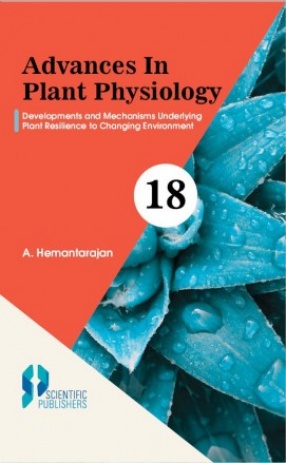
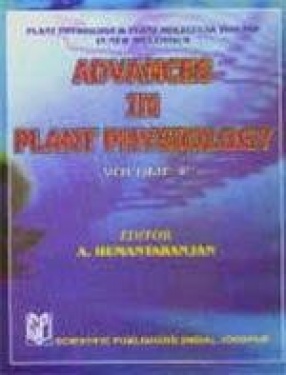

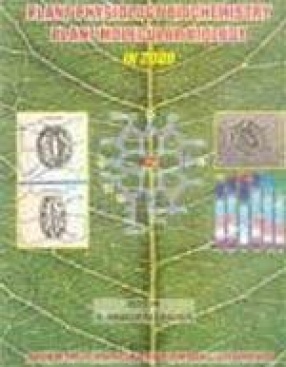
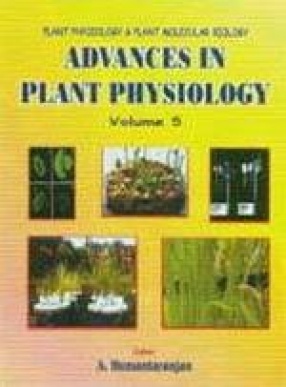
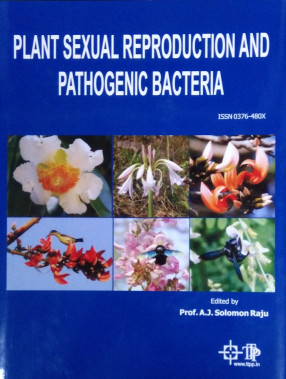

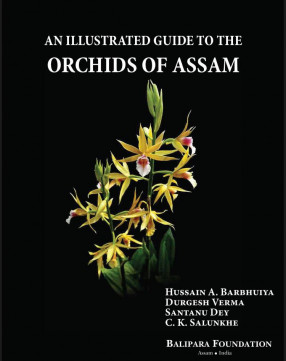
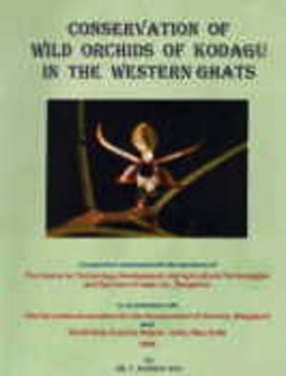

Bibliographic information